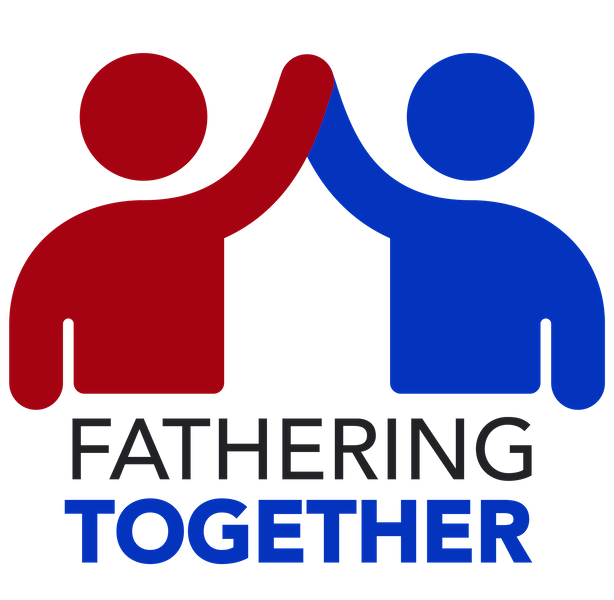
New York City is a food lover’s paradise. From pizza to cronuts to craft beers and every amazing foodie dream in between, it’s quite easy to ruin your healthy eating habits if we aren’t careful. And, let’s be honest, for every health benefit the city provides, the Big Apple hits us with countless options to find dietary pitfalls.
One of my biggest goals as a nutrition coach is helping busy moms and dads navigate the challenges of everyday life with kids and work to find the right balance for achieving goals. The most important part of my programming is the nutritional side. This is how I break things down for my clients. Healthy eating habits can include having some cake and actually eating it and enjoying it from time to time.
It all starts with understanding the simple science of weight loss. No matter the pattern of dieting, style of eating or timing of when you eat, the key to losing weight is rooted in the ability to burn more calories than your body consumes.
This bears repeating.
If you eat in a caloric deficit, you will lose weight. Period. The science is 100 percent undefeated on this one.
Armed with this nugget of eternal wisdom, we can figure in an occasional moment of gluttony and determine how to avoid the obstacles of big city living to still make progress on our fat-loss goals.
Plan ahead to maintain healthy eating habits
If you know a big lunch meeting is planned for a certain restaurant in SoHo, scout ahead and look up the menu ahead of time. Find a few dishes that will work for your diet. When all options are on the fattening side, do your best to piece something together, or just know the rest of your day will need lower calorie options to compensate for the bigger meal.
Stick to the good dietary basics
Sometimes last-minute things come up and you have to navigate on the fly. In this case, damage control is the best option. Stick with the most basic of concepts for healthier eating. Lean meats and vegetables will see you through. Avoid the appetizers, which tend to carry ridiculous amounts of calories. Skip the bread and the chips and salsa.
Live a little now and then
Sometimes, there’s no amount of planning ahead or any healthier option available for you to avoid the inevitable dietary cheat. That’s OK. You can cut loose for one night and just consume all the calories. Seriously. One period of extended foodie glory will not derail all of your efforts.
Skip a meal
Intermittent fasting (IF) is all the rage right now. It’s not some magical method that mysteriously burns calories. Instead, IF is just a strategy of timing that allows for larger meals. If you’re dieting on 2,000 calories per day and skip your breakfast, that means 2,000 calories spread over lunch and dinner. You can enjoy more options while still hitting your goals.
For this situation, if you have a big dinner coming up and know there won’t be anything healthy on the menu, take a page from the IF lifestyle and skip breakfast or lunch (or even both) so you can enjoy the big dinner without the guilt. Word of advice: work your way into longer fasts, start with 10-12 hours (ex: stop eating after dinner at 7 p.m. and don’t break your fast until at least 7-8 a.m. the following day). It’ll help you mentally prepare for longer periods of fasting.
Stop at just one
If all else fails and you just feel like letting your freak flag fly by downing an entire plate of Pad Thai and capping the night with some edible cookie dough, just enjoy yourself with no guilt. Seriously.
When this happens, the key is to not let this one night turn into two. That’s what separates the long-term successful dieters from the cyclical dad bod enthusiasts still hoping to drop a spare tire on New Year’s Eve, year after year.
When dieters hit a plan too hard, it can lead to this rigid approach to eating and life that lends no room for wiggling. That’s simply not sustainable long term. It’s a recipe for dietary failure.
Every once in a while, it’s fine to get in there, mix it up and eat like a fat kid at a pie eating contest. Know that your weight will likely bounce up a tad as a result of excess water storage and glycogen replenishment (this is what happens when we eat an abundance of carbs, the body’s fuel source). But, it will all flush away quickly –– as long as you get right back on your plan starting with the very next meal.
No punishments with extra miles on the treadmill. No starvation strategies by fasting for a week straight. No silly carb cutting to try and make up for the damage. Just live your life and get back on the game plan of maintaining healthy eating habits.
Photo by Adam Smotkin on Unsplash

Leave a Reply